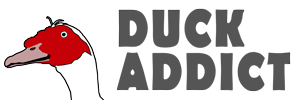Frontón Jaitsiera, 8, 20830 Mutriku, Gipuzkoa, Spain #1671
Left walled fronton
› Location of the fronton
Address (approximate):
- Frontón Jaitsiera, 8, 20830 Mutriku, Gipuzkoa, Spain
Coordinates GPS (latitude, longitude):
- decimal notation: 43.307108, -2.386761
- sexagesimal notation: 43° 18' 25.5888", -2° 23' 12.3396"
Nearby frontons (less than 5 kilometers)
- 20830 Mutriku, Gipuzkoa Spain - #2720 (Left walled fronton • 125 meters)
- 20830 Mutriku, Gipuzkoa Spain - #2702 (Left walled fronton • 1.5 kilometers)
- 20830 Gipuzkoa Spain - #2721 (Left walled fronton • 2.2 kilometers)
- 20830 Mutriku, Guipúzcoa Spain - #2699 (Left walled fronton • 2.6 kilometers)
- 20820 Deba, Gipuzkoa Spain - #1465 (Left walled fronton • 3.1 kilometers)
- 20820 Deba, Gipuzkoa Spain - #1508 (Left walled fronton • 3.1 kilometers)
- 20820 Deba, Gipuzkoa Spain - #2567 (Left walled fronton • 3.1 kilometers)
- 48700 Ondarroa, Bizkaia Spain - #2158 (Left walled fronton • 3.1 kilometers)
- 20820 Deba, Gipuzkoa Spain - #2565 (Left walled fronton • 3.2 kilometers)
- 48700 Ondarroa, Bizkaia Spain - #2180 (Left walled fronton • 4.1 kilometers)
📚 The Basque pelota (Euskal pilota) includes several ball games derivated from the Jeu de Paume. In most specialties, the game consists of sending, volley or after a rebound, the ball against a main wall, named fronton, so that it falls on the playground named cancha. The point continues until a team commits a foul (falta) or fails to raise the ball before the second rebound.
🤓 The left wall fronton originates from the Spanish Basque Country where it is named frontón in Spanish and pilotaleku, "place of the pelota", in Basque. It consists of a front wall, a side wall on the left, and often a wall at the back. There are walls very different from each other depending on the time and place of their construction. The oldest, located outside, do not have a back wall.
🌎 A large number of Basques (commonly referred to as "Basque diaspora") have left the Basque Country to emigrate mainly to South America and the United States.
It is sometimes called the "eighth province" of the Basque Country, which counts seven (Labourd, Soule, Lower Navarre, Navarre, Biscay, Álava and Gipuzkoa).
The diaspora actively promotes its identity through its traditional activities, such as dance, gastronomy, Basque games and, of course, Basque pelota.
👉 See all left walled frontons
Added on October 16 2015
Last modified on July 20 2018
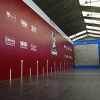
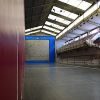
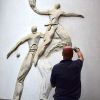
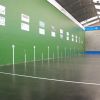

 @FRONTONS_NET
@FRONTONS_NET